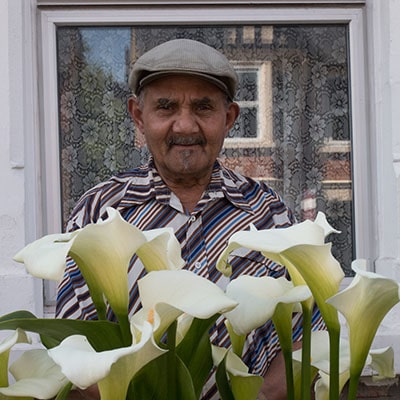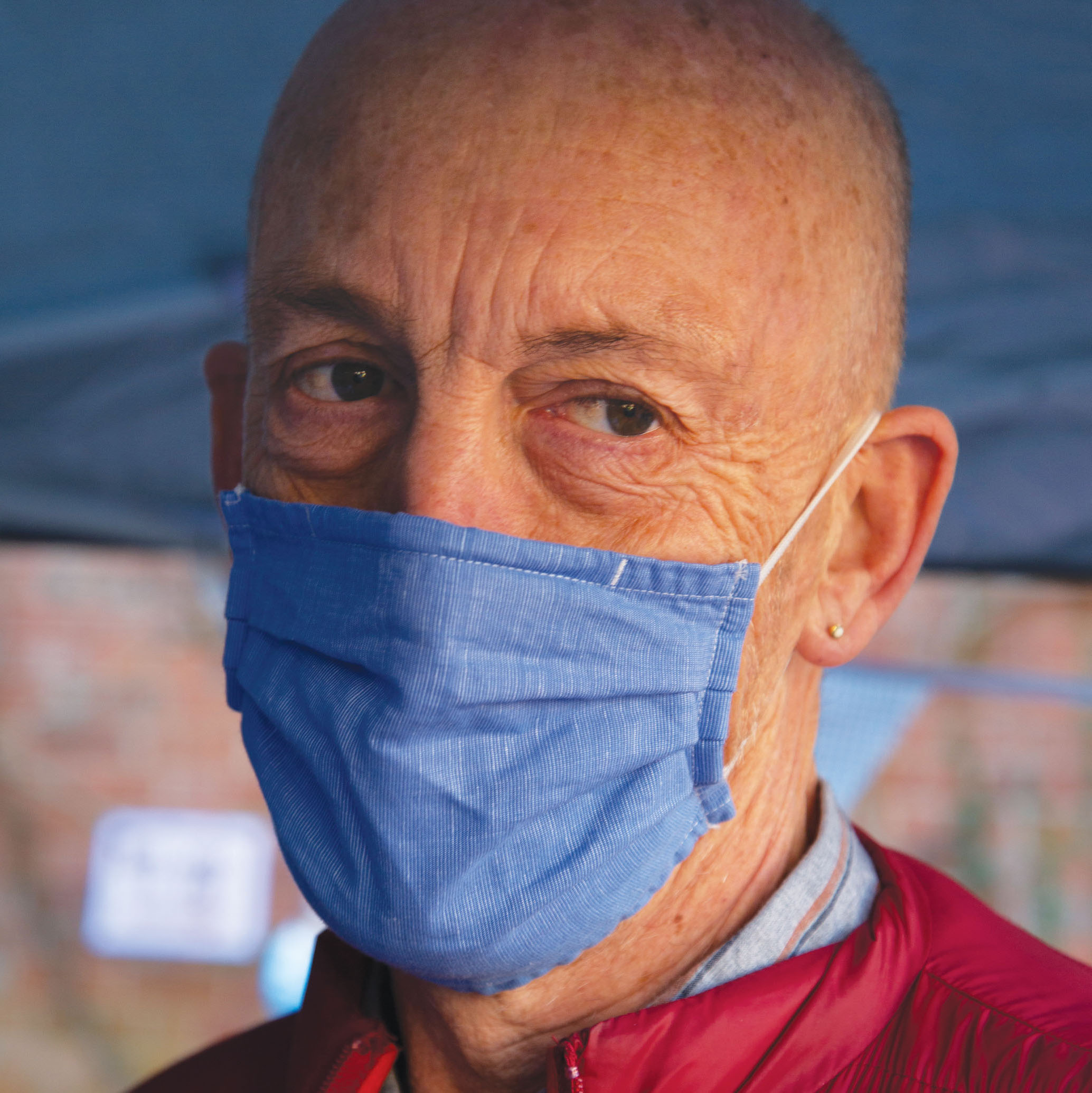Reflections on how I came to be influenced by the politics and culture of William Morris
As a child in the late 1950’s and early 1960’s I was brought up in the village of Wootton near Woodstock on the edge of the Cotswolds, about 12 miles from Oxford. The village residents included a fair number of writers, artists, journalists and dons. Amongst them were Edmund and Meg Penning-Rowsell, who were great friends of my parents. Edmund wrote on wine at that time for the Financial Times, was active in the Wine Society and also in the newly established William Morris Society, as Martin Crick’s The history of the William Morris Society 1955-2005 records. Discussing Morris over a glass or two, or across the dinner table, was certainly part of the culture as I grew up and Edmund was quite amenable to showing off his collection of Morrisiana to anyone who expressed an interest. I well recall his Kelmscott Press edition of News from Nowhere inscribed by Morris to Georgiana Burne-Jones.
By the late 1970’s I was studying as a postgraduate at the LSE. It was a time of political ferment with the Grunwick dispute, the ABC trial and clashes in the streets of east London between the Anti Nazi League and the National Front. It was the time of the birth of the ‘new social movements’ and ‘Beyond the Fragments’. I was heavily drawn into all of this and particularly the emerging environmental movement. E P Thompson’s book The poverty of theory , which came out in 1978, was a rallying call to all those on the left who were opposed to both the tactics and strategy of the ultra-left that was so dominant at the LSE and elsewhere at the time. I read it avidly.
In 1979 I went to China, just emerging from the Cultural Revolution (incredibly, with hindsight, the discussions then were about whether it would adopt the ‘Yugoslav model’ or some form of ‘Euro-Communism’) as leader of a youth delegation for the Society for Anglo-Chinese Understanding. We went by train, which took more than a week each way from Moscow and being a fan of his, I decided to take Thompson’s William Morris; romantic to revolutionary to while away the hours crossing the Russian steppes.
As it happened one of the other members of the delegation that summer was Jenny Beale. She knew a bit about Morris, her great-grandparents having built Standen, the classic ‘Morris house’, in Sussex (now owned by the National Trust) and she and her siblings having spent substantial parts of their childhood there. Reading Thompson and discussing Morris with her on that train trip, as well as what we experienced in China at that transitional point, opened my eyes both to the rich traditions of the British Labour Movement and the cultural dimensions of left politics – something I hadn’t really thought about before. I had re-discovered Morris as an adult.
One way and another work, politics and family intervened and although I read a lot more of Morris, visited Kelmscott Manor and other places associated with him and soon found him to be something of a ‘patron saint’ of the environmental movement in the 1980’s, I didn’t actually get round to joining the William Morris Society until 1995. But it’s fair to say that Morris’s holistic vision of what society could be like has been a major, even defining, vision for how I try to live my life.
This first appeared in the New Year 2103 Newsletter of the William Morris Society.

